Hotel access control systems come in many varieties, but choosing the right one can be difficult. The purpose of this article is to explain the different types of hotel access control in detail. Finally, we will describe how to choose the right type of access control system for your hotel according to your needs.
1. What is hotel access control?
With an access control system in a hotel, you can manage and monitor the movement of people throughout the building, whether they are guests or employees assets within your premises. The system can be set up so that only certain people can enter certain areas at different times, while others cannot. This means you can protect people and property and prevent theft. You can use the access control system to completely control what happens inside the hotel. For controlling people and vehicles moving into and out of secure areas, the hotel’s control system includes doors, rooms, elevators, and other public areas.
2. What are the advantages of the hotel access control system?
The implementation of a hotel access control system has many advantages. Some immediate and measurable advantages include:
- Integration with existing hotel systems
Hotel access control systems can be integrated with current hotel systems, such as property management systems (PMS), point of Sale (PoS) and self-check-in kiosks. This integration allows greater control over which areas are accessed and when you are allowed to track where people are at any given time.
- Zone restriction
The hotel access control system also allows the hotel to restrict access to areas within its property by using smart locks that require specific permissions before opening. The ability to limit unauthorized access also helps improve security and protect your guests.
- Remote control
The ability to lock and unlock physical obstacles, such as opening the parking door at the hotel front desk. This is a handy feature if you don’t have access to your building.
- Save time
There is no need for a person present to lock or unlock the door using an automated system. Having a schedule saves employees time that can be better spent elsewhere in the hotel.
- Reduce operating cost
Hotel access control systems save energy for people and buildings by reducing energy waste and reducing wear and tear on mechanical components through the labor-saving features of automated software. The use of hotel access control systems reduces operating costs by maximizing resources.
- Manage and monitor your property remotely
You can find employees and get performance feedback while monitoring safety. If guests lose their physical keys or need to share a room with someone, you can issue keys on-site or remotely.
- Anti-theft protection
The more sophisticated the lock, the less likely it is that a thief will steal it and walk away with any items from your hotel.
- Reduce fire risk
In the event of a fire, guests can be quickly evacuated without waiting for staff to open one door at a time.
- Improve efficiency
There are a lot of things in the hotel and the system has to run smoothly and efficiently. Access control ensures that everything, including the entryway, works optimally while saving money.
- Easier management of facilities and equipment
An effective access control system allows the hotel manager to set access restrictions to lift and pool areas. This relieves stress on staff while ensuring that authorized users only safely use all hotel components.
- Improve security
Providing a safe environment for staff and guests is critical to any hotel. The access control system will help you prevent unauthorized access to guest rooms, employee-only areas, and other restricted locations.
- Improve guest satisfaction
Guest safety is a top priority in today’s hotels; Integrated security solutions with mobile credentials or self-service kiosks help provide this peace of mind while increasing guest satisfaction due to better service. This automated room assignment or scheduling service further enhances the customer’s stay experience while improving operational efficiency.
- Easily manage access throughout the hotel premises
With the hotel access control system, you can easily manage all sites and doors from one place, or have different levels of management across sites when needed. You can also easily manage users of multiple buildings in a network, enabling only specific permissions at specific times/dates/places based on their needs.
3. What types of access control systems are used by the hotel?
Access control is the key to hotel data management, which allows guests to enjoy their stay while securely protecting their information privacy. In hotels, the following types of access control systems are commonly used:
1) Hotel access control system
- The door lock access control system is an important part of hotel access control. Mainly used in hotel rooms, public places, fire protection and other areas.
- Adding a keyboard or card reader to the door is an easy way to implement hotel access control. This will require guests to enter a PIN or swipe their room card to unlock the door and enter their room. You can also use your phone to open your hotel room so that you have complete control over who enters and exits your hotel room.
- If you want something more advanced, some systems will use biometrics (fingerprint or retina) or scanned RFID cards/tags. These systems allow you to keep track of who enters each room, where they came from before entering the room, and how I decolorized inside
- By controlling access through hotel doors, the system prevents unauthorized entry and allows authorized guests to move freely within the hotel. It’s easy for guests to use their room keys and passwords, even if they don’t remember them. The system can be operated by an employee or a machine connected to an Internet connection.
2) Hotel elevator access control
- Elevator access control systems ensure hotel security and prevent unauthorized elevator usage.
- The hotel elevator control system is mainly used to control the hotel guests to use the elevator and enter the floor where their rooms are located.
- It often works with other systems, such as hotel door lock systems. In this way, hotel guests can use the elevator to reach the appropriate floor with their room card, ensuring that only authorized employees or guests are allowed on the elevator. Also, open the hotel room door.
- The elevator is the central link between all floors of the hotel, so we want to make sure that no unnecessary people can use the elevator.
- For example, when someone checks into a hotel for business purposes, they don’t need to go through all the floors because they don’t use all the hotel facilities. Therefore, it is better for that person to have access only to the floor where their room is located.
- By properly installing and programming an elevator access control system, you can quickly achieve your goals without worrying about safety.
3) Hotel room access control system
Hotel room power access control mainly uses a key card power switch to control the power supply of the whole room. It involves an electronic /RFID card that you can use to open a room door, activates the power in the room, or turn on the TV and lights. Card keys are specific to individual rooms and are selected according to the itinerary of the guest. In order to protect your assets and employees, you should apply an access control system in your hotel room.
4) Hotel wireless network access control
If you’ve ever traveled and had to access the Internet from your hotel, you know it’s safe and reliable — or just the opposite. Hotel wifi access controls help ensure that guests can access the Internet quickly and easily while ensuring that only authorized users can log in. This means protecting your data from hackers and preventing bandwidth hogs from using your Internet connection!
5) Hotel parking lot access control
- The access control system regulates the car’s entry and exit. It is often found in the parking lots and parking lots of hotels, malls, apartments, hospitals, offices, etc.
- At entry and exit points, automatic barriers are installed. The obstacles use electronic sensors to detect when the car is in range. This triggers a mechanism to control whether the barrier should be opened for it.
- Let’s say you want to install this access control system in your hotel. You can install external bollards and walkway gates to add an extra layer of security while still having an aesthetic feel.
6) Hotel safe access control
- This type of access control restricts access to the safe by allowing access only to authorized hotel guests.
- These safes are installed in hotel rooms and are used to store valuables when guests leave the room. Most safe-box access systems rely on biometrics such as fingerprint and retina scans for authorization, making them highly secure and difficult for criminals to bypass.
- Other safe systems rely on keyboard combinations to enter safe surface codes.
4. Which access control system is best for the hotel?
Three types of access control systems exist: autonomous access control (DAC), mandatory access control (MAC), and role – and rules-based access control (RBAC).
1) Autonomous Access Control (DAC)
The most common type of access control system is the DAC. DAC allows you to grant different permissions to users based on their needs or job functions. For example, the concierge of your hotel might need full access to all areas of the hotel, but the accountant only needs access to certain rooms on certain days.
2) Mandatory Access Control (MAC)
MAC requires users to have permission before they are granted access to any area or resource by an administrator. Macs are primarily used for security reasons, where critical data is stored in a network environment and must be protected from unauthorized persons with malicious intent.
3) Rule-based Access Control (RBAC)
Rule-based access control (RBAC) allows you to set rules that determine whether a user can access a particular area. RBAC uses administratory-defined rules to dictate what privileges each user has relative to other users in the same system. For example, your front desk staff may grant access only after verifying the guest’s identity and room number.
4) Role-based Access Control (RBAC)
Role-based access control (RBAC) is designed around role hierarchies that define from the top down who owns what roles. For example, if someone is responsible for checking in guests at the hotel front desk, they will be assigned a “registrar” role, granting specific authority for their job functions, such as booking rooms and charging – credit cards, ds, etc
5. Which access control identification method is most suitable for the hotel?
As you can see, the range of possible identification methods is wide. Some are more convenient for guests, and some are more convenient for employees, but no one method is best. Before deciding on a system, you must consider which options best suit your hotel’s specific needs. This section discusses the different identification methods and their advantages.
1) RFID hotel card key access control
Due to its low cost and ease of use, RFID hotel key cards are popular among hotels looking for reliable access control solutions. These cards work by using a small radio transmitter embedded in each card. When you place it on the RFID hotel lock, your information is transmitted wirelessly to the system without having to insert anything into any slot in the lock!
2) Biometric hotel access control
Biometrics is one of the most secure methods of hotel access control. It uses unique physical features, such as fingerprints or iris scans, to verify identity. The technology is particularly suitable for high-security areas where unauthorized access must be prevented and restricted areas restricted to authorized personnel only. However, biometric systems are more expensive and require regular maintenance and cleaning to function properly; Otherwise, they may fail or stop due to poor sensor operation or clogged sensors.
3) Access control key card for hotels
This is the standard method used by most hotels. The most common type of access control system is the DAC. Magnetic keys are usually cheap (if not free), but can get lost quickly and have to be replaced.
4) Mobile hotel access control
The mobile hotel access control system allows guests to use their smartphone as a key card to open hotel doors. Please note that hotel mobile access control always requires Bluetooth hotel door locks. You can check out our TTlock Smart Lock and TThotel Lock systems. Guests can open apps such as Google Maps or Airbnb on their phones or tablets, tap the “check in” button and scan a QR code that automatically pops up when they enter the building. For example, there are no receptionists in the lobby area, only vending machines available, so there is no one around to assist in checking someone or anywhere else.
6. What is the cost of the hotel access control system?
Before purchasing an access control system, you must thoroughly examine the hotel’s needs and assess the desired level of security. Cost is one of the most important factors when choosing a hotel access control system. The total cost of implementing a system will depend on how many doors you need to protect, and the price of each entry will vary depending on the type of system you choose. Keep in mind that the price of the system can vary greatly depending on the functionality and quality of the design. For example, low-end systems can cost as little as $50 per door, while high-end systems can cost as much as $1,000 per door.
There are many costs associated with the hotel access control system:
- How many doors and rooms do you have?
The more doors or rooms you have to control, the more expensive your system will be.
- How many users need access?
If you need to give every employee access to all building areas, you’ll need more key cards than if only a few employees had access to specific locations. This also means that you have an increased risk of losing your card, as the likelihood of going missing increases if every employee has a card.
- How many locks do you have?
If you want to secure multiple entry points with a keyboard or RFID access, this can increase the cost of your system.
- How much does cloud storage cost?
The cloud storage company will charge a monthly fee (usually about $1) for each cardholder it adds. It helps if you think about how many employees or guests need their accounts instead of sharing one person’s login name.
- How much does it cost to install?
Installation is included in some packages. Others, by contrast, charge a premium — getting quotes from multiple companies before settling on the right solution. Getting a quote from a manufacturer directly is a great way to find out if it’s right for you – many of them offer free quotes.
7. How to choose the hotel access control system?
Now that you know the basics, a natural question is what to look for when buying an access control system. List all the features you need in such a system first. For example, if you want your guests to be able to check in via cell phone upon arrival, or you want a kiosk in your hotel lobby, or you want to be able to grant temporary access — make sure you get a solution that provides these facilities. Once the required functionality has been defined, the next step is to distinguish the different system quality levels. While this can be tricky given how complex these systems can get, again based on our experience, we’ve put together a few simple tips to tell the difference.
Here are some things to consider when choosing a hotel access control system, as well as the impact of some of the latest trends:
1) Non-contact type
A key feature of a hotel access control system is that it should be contactless – swiping cards and using keys is cumbersome. Therefore, the ideal system relies on RFID, RFID keycard locks, or other forms of mobile technology. Contactless systems that meet the social distancing requirements of the COVID-19 pandemic
2) Can integrate with your hotel management system
Integration with hotel management systems (HMS), such as property management systems (PMS), point of Sale (POS), staff scheduling

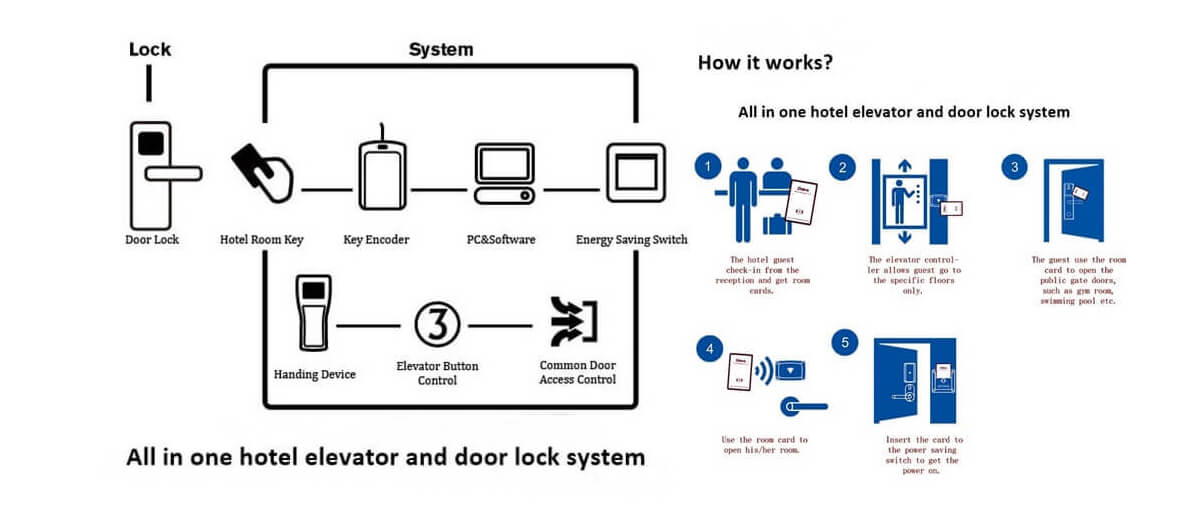
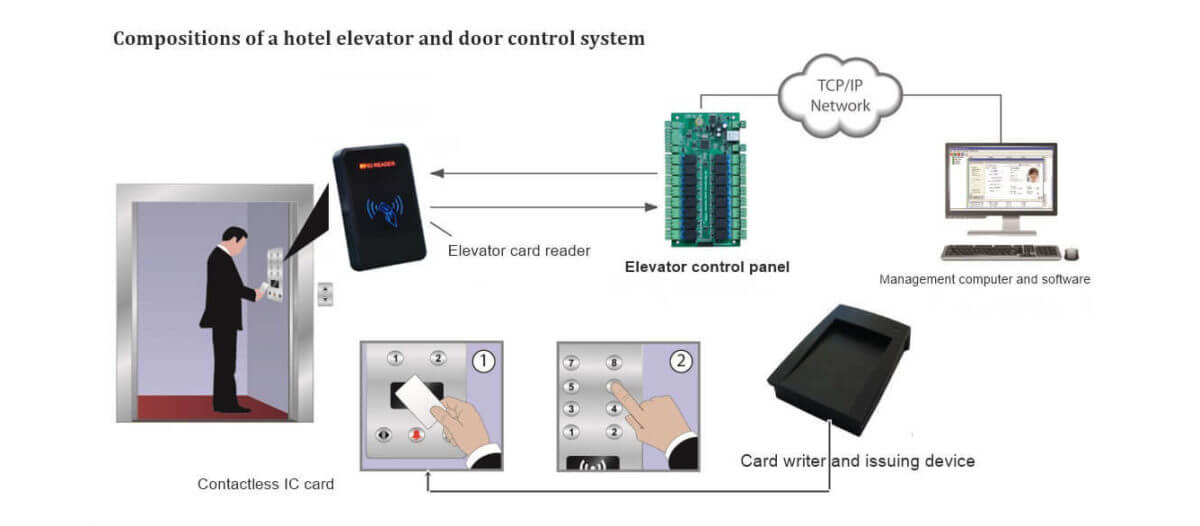
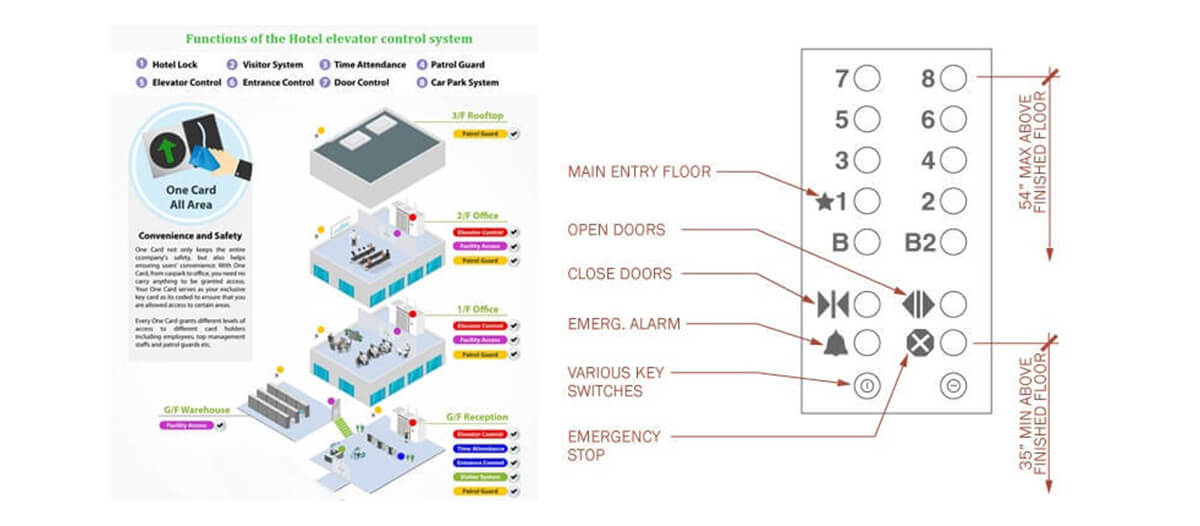
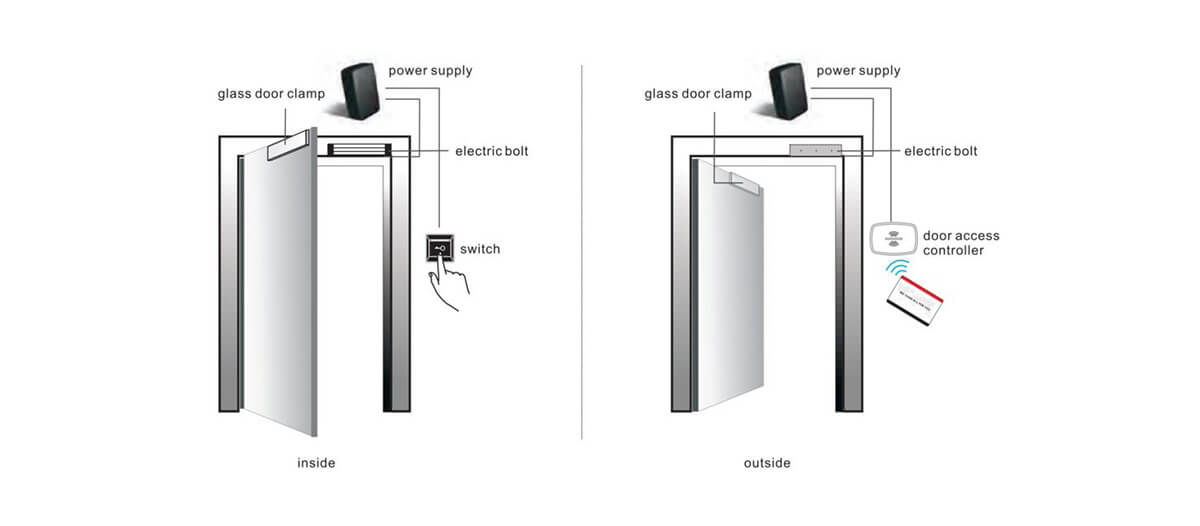
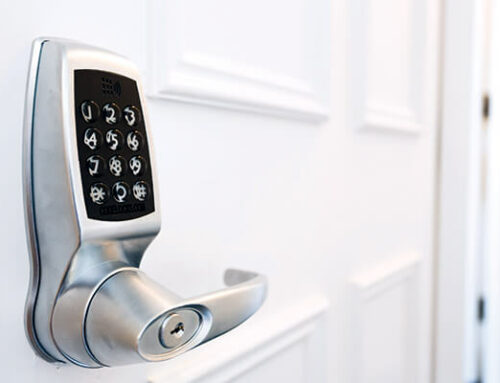
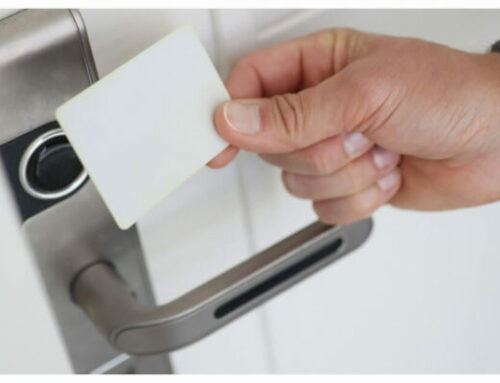
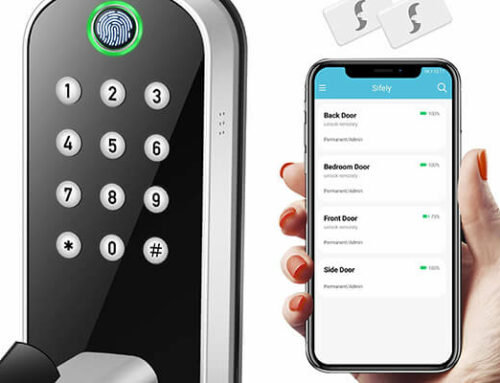
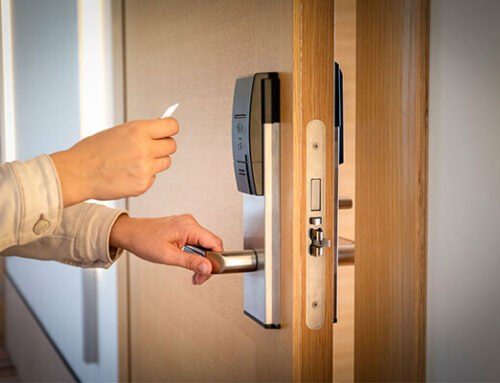
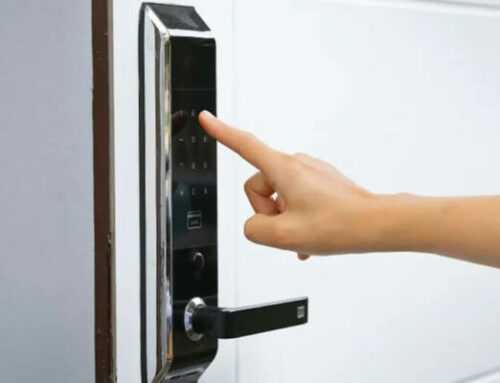
Leave A Comment